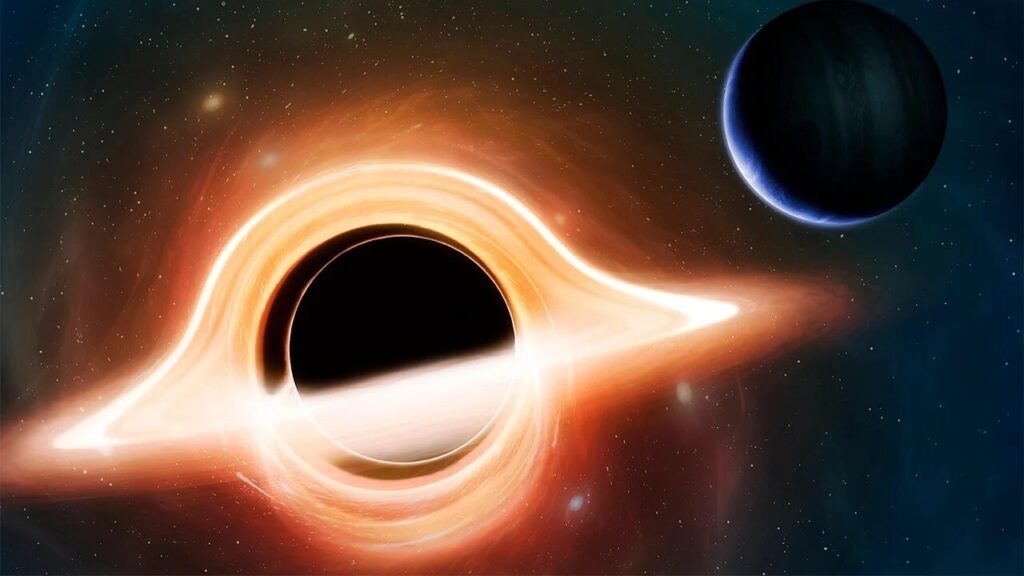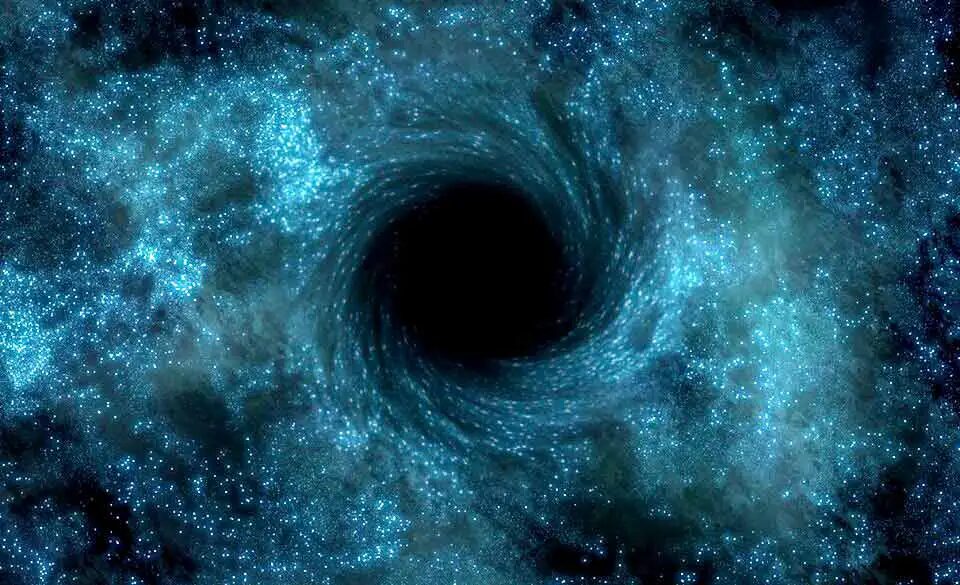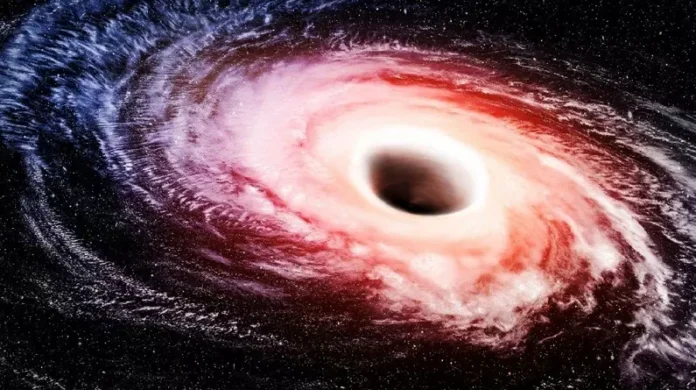Black holes have captured the imagination of scientists and the public alike for decades, but many misconceptions still surround these mysterious cosmic phenomena. Here are 10 common misunderstandings about black holes that you should be aware of:

- Black Holes Are Not Holes: Despite their name, black holes are not empty voids or holes in space. They are actually incredibly dense concentrations of mass packed into a tiny volume, exerting an immense gravitational pull.
- Everything Gets “Sucked In” by Black Holes: While black holes have strong gravitational fields, they don’t “suck” objects like a vacuum cleaner. Instead, objects must come within a certain distance of a black hole, called the event horizon, to be pulled in.
- Black Holes Are Not Infinite: While the gravitational pull near a black hole’s event horizon is incredibly strong, it is not infinite. There are physical limits to how much mass can be contained within a black hole.
- Black Holes Are Not Giant Cosmic Vacuum Cleaners: Black holes do not indiscriminately devour everything in their path. In fact, many black holes have accretion disks surrounding them, where matter spirals in before falling into the black hole.
- Black Holes Don’t Last Forever: Contrary to popular belief, black holes do not last forever. Through a process called Hawking radiation, black holes gradually lose mass over time and eventually evaporate completely.
- Not All Black Holes Are Massive: While some black holes are indeed supermassive, such as those found at the centers of galaxies, others can be relatively small. Stellar-mass black holes, formed from the collapse of massive stars, are much smaller in size.
- Black Holes Don’t Necessarily Tear Everything Apart: While tidal forces near a black hole can be incredibly strong, they don’t necessarily tear everything apart. In some cases, objects can pass through a black hole’s event horizon without being torn apart.
- Black Holes Are Not Necessarily Black: While black holes are known for their ability to trap light, they can also emit radiation and other forms of energy. This phenomenon, known as Hawking radiation, allows black holes to gradually lose mass over time.
- Black Holes Don’t Violate the Laws of Physics: Despite their bizarre properties, black holes do not violate the laws of physics. They are consistent with Einstein’s theory of general relativity and other principles of modern physics.
- We Can’t Directly See Black Holes: While we can’t directly observe black holes with telescopes, we can infer their presence and properties by observing their effects on nearby objects, such as stars and gas clouds.

By dispelling these common misconceptions, we can deepen our understanding of these enigmatic cosmic phenomena and appreciate the wonders of the universe even more.

